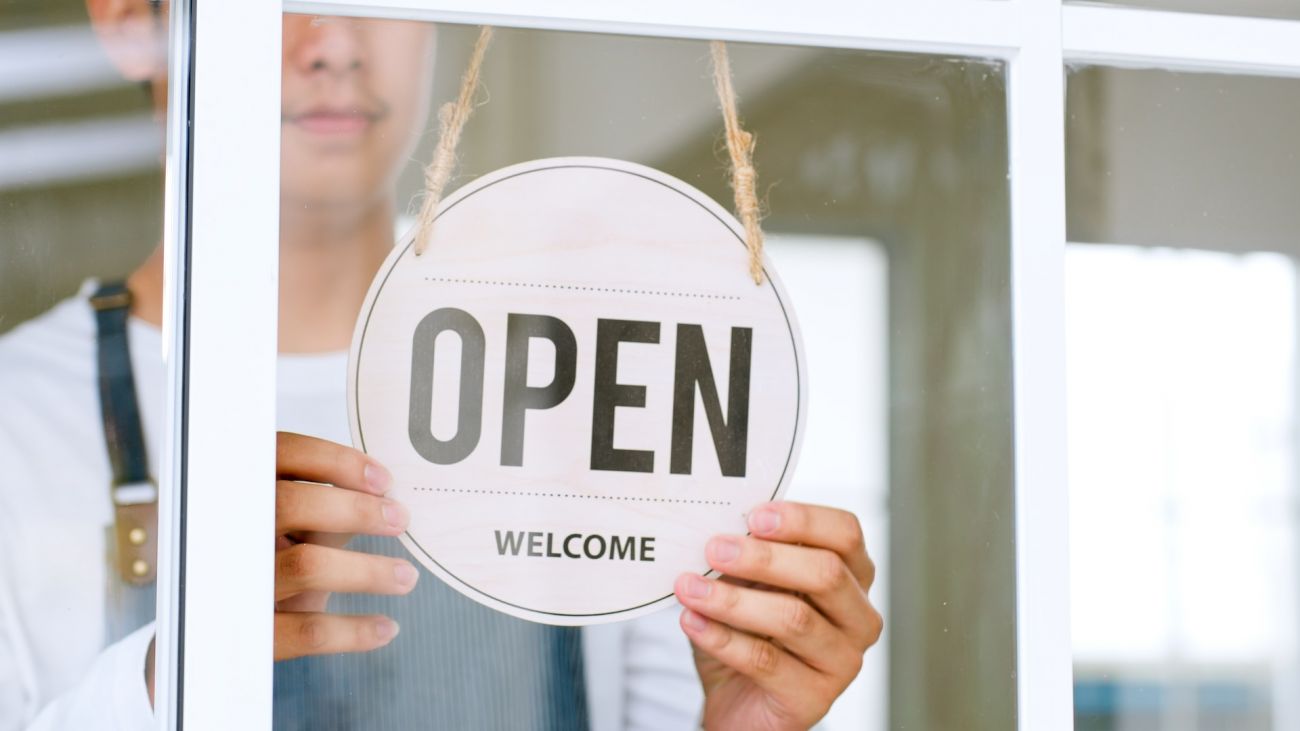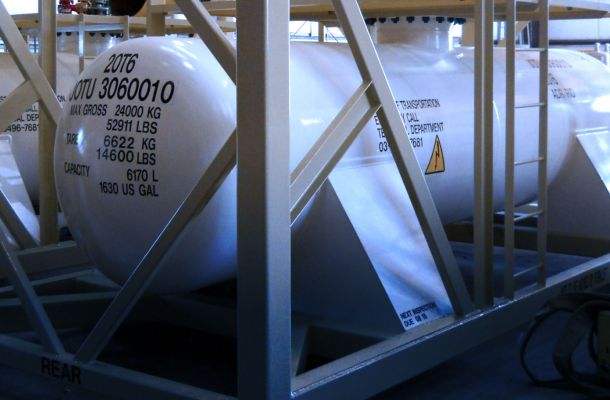Using an SBA loan to buy a business

First Financial Bank
Have you heard that a Small Business Administration loan (or “SBA loan”) is what you need to help make your business plan a reality? As an SBA Preferred Lender, First Financial Bank can provide you with the information you need to navigate the SBA loan process.
What is an SBA loan?
Small Business Administration (SBA) loans are backed by the government to help mitigate the risk and encourage lenders to support these types of businesses with the capital they need. Typically, these types of loans have lower down payments, competitive interest rates, and better repayment terms than conventional bank loans.
Having earned the Preferred Lending Program designation from the Small Business Administration, First Financial Bank and our team of experienced loan officers can help answer any of the questions you may have.
What are the benefits of using an SBA loan to buy a business?
There are a variety of benefits to taking advantage of an SBA loan, including:
- Typically requires less money down – even lower than 10% down in specific situations.
- Longer repayment terms for real estate loans.
- Competitive rates with fixed and variable rate options.
Who is an SBA loan for?
First and foremost, a business entity and owners with good credit. SBA loans do have an extensive application process. You’ll need good credit, solid business financials, and a business with a history/track record to be eligible for an SBA loan.
The most common recipients of SBA loans are “small business” owners seeking financing. The size standards for what is considered a “small business” vary by industry. Generally, under 500 employees for most manufacturing and service industries.
While riskier, startups seeking capital to launch or in their first couple years of business may be eligible for SBA loans, usually for smaller loan amounts. Lenders will want to review the business plan thoroughly.
A primary use of SBA loans is for acquiring an existing small business, including real estate, equipment, inventory, etc. This includes start-up agricultural businesses, such as commercial poultry farms, too.
Existing businesses looking to expand operations, renovate, or add another location can use SBA financing for funding. The business must show the ability to repay the loan.
Some organizations are not eligible, such as those that are illegal under any state, local, or federal regulations; gambling organizations; or restrictive membership clubs. Learn more here.
What are the types of SBA loans?
There are several types of SBA loans, with the two most common being the:
- 504 loan – for assets that promote business growth and job creation, like real estate and major equipment. The maximum loan amount for a 504 loan is $5 million. For certain energy projects, the borrower can receive a 504 loan for up to $5.5 million per project, for up to three projects not to exceed $16.5 million total. This type of loan is not offered through banks but only through certain Certified Development Corporations (CDCs) as designated by the SBA.
- 7(a) loan – This is the type of loan provided by SBA-approved lending institutions such as First Financial Bank. This type of loan allows the purchase of commercial real estate, certain equipment, and can provide a business with working capital for growth and expansion:
- Under the 7(a) loan program, the SBA doesn’t lend money to business owners directly – the bank that you are working with is taking on that responsibility.
- The SBA also guarantees those bank loans for up to certain amounts, which helps entrepreneurs get financing to start a new business, expand their existing one, buy equipment, or obtain working capital and inventory.
What do you need to do in preparation for an SBA loan?
Before applying for a loan, you’ll want to have your business plans in place. Find and research businesses for sale that meet your criteria:
- Use business brokers and online listings to find businesses for sale in your ideal industry, location, size, etc.
- Thoroughly evaluate financial records, tax returns, and profit/loss statements.
- Assess strengths/weaknesses of the business operations, reputation, and competitive landscape.
- Ensure the asking price aligns with the valuations of the assets and earnings.
- Narrow down top choices that align with your skills, interests, and financial capabilities.
Choose an institution that is part of the SBA Preferred Lender Program – like First Financial Bank. The loan officers at this institution provide a wealth of experience in navigating the process efficiently. At this point, you’ll be working with the loan officer to submit the loan application, along with other relevant elements, including these documents:
- Your business plan should provide an overview of the business’ products/services, market analysis, financial projections, and other relevant details.
- Provide resumes for you and any partners in the business, including personal financial statements, personal credit history, and collateral assets.
- Provide personal and business financial records and collateral:
- Supply 3-5 years of personal tax returns, bank statements, credit reports, among other documents.
- Provide collateral such as business assets, property, and equipment to help secure the loan.
- Additional financial info may be requested during the underwriting process.
Once the loan officer has all the documentation with the application, the application is put through the review process, and a decision is made. If approved, be prepared to pay the Guarantee Upfront Fee required for an SBA loan as part of your fees at closing.
Why choose an SBA Preferred Lender like First Financial Bank?
First Financial Bank has earned the designation as a member of the PLP (Preferred Lending Program) from the SBA due to our experience, expertise, and efficiency. First Financial Bank is approved to offer SBA loan products under SBA’s Preferred Lender Program or SBA Express Program.
What does this mean for you?
You get loan officers who understand your business and how to navigate the paperwork processes for the loan you need. More importantly, you get a bank that has been empowered to make the decision directly for lending you the funds your business needs. If you are not working with a member of the PLP, the lender has to submit your paperwork to the SBA for review. Working with a PLP member cuts out that step and can help speed up the process from application to decision to closing – to buying or expanding your business.

We’ve got some resources for you:
- A checklist to help you plan for what you’ll need to start the conversation with one of our loan officers, what you’ll need to apply, and the final pieces for closing the deal if approved.
- A calculator to help you estimate the SBA Guarantee Upfront Fee for your potential loan.
Provide your information below to access one or both.
Disclosure:
First Financial Bank does not guarantee loan approval, rates, or terms. Each situation must be evaluated separately.




